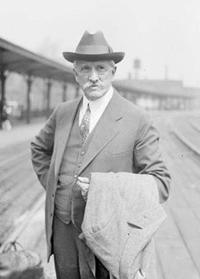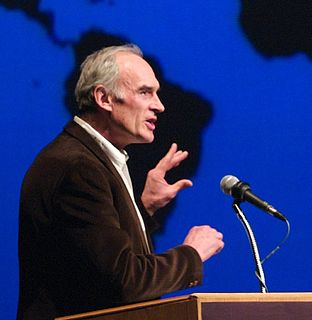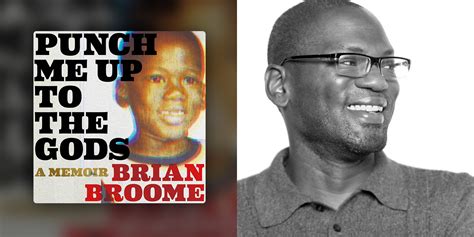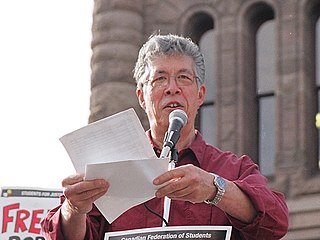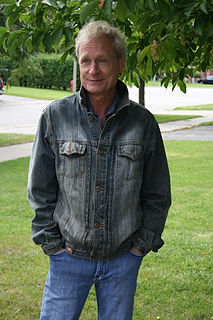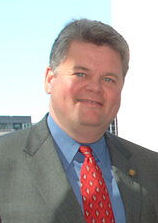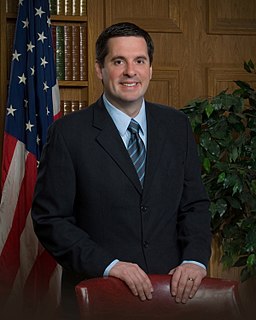A Quote by James Henry Breasted
We of America are especially fitted to visualize and to understand the marvellous transformation of a wilderness into a land of splendid cities.
Quote Topics
Related Quotes
What is proposed herein is that we have no right, nor any ethical justification, for clearing land or using wilderness while we tread over lawns, create erosion, and use land inefficiently. Our responsibility is to put our house in order. Should we do so, there will never be any need to destroy wilderness.
We can have wilderness without freedom; we can have wilderness without human life at all, but we cannot have freedom without wilderness, we cannot have freedom without leagues of open space beyond the cities, where boys and girls, men and women, can live at least part of their lives under no control but their own desires and abilities, free from any and all direct administration by their fellow men.
The opportunities of the twenty-first century make those of us who care about cities feel like kids in a candy store: How will cities survive and lead the way in the transformation required to combat global warming? Resilient Cities gives us a road map for this epic journey upon which we are embarking.
While it may be difficult to understand why cities and even entire states would doom themselves to insolvency by undertaking these obligations, the answer is simple: Democratic politicians, who have near-total political control of California and of America's biggest cities, support this massive transfer of wealth to public employees.
